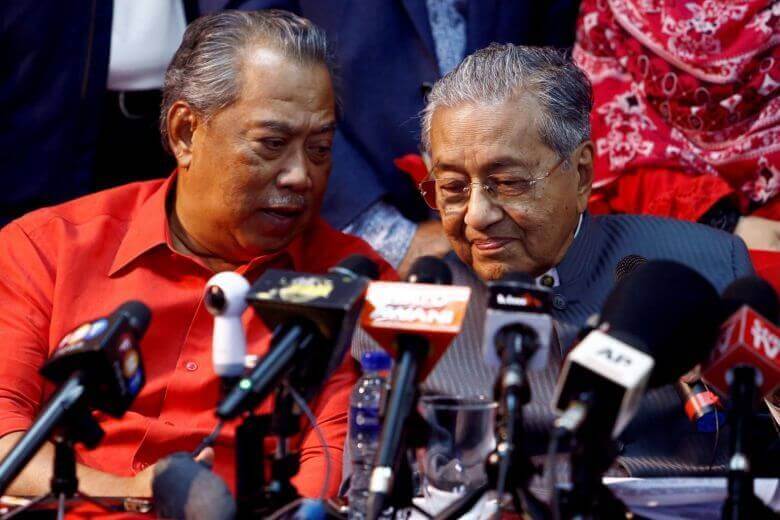Malaysia’s former leader, Mahathir bin Mohamad, took an initial step toward challenging his former ally, Muhyiddin Yassin, who emerged as the country’s prime minister following a week-long power struggle in February.
This week, Malaysia’s Parliament approved a vote of no confidence against Prime Minister Muhyiddin that moved by Mahathir. However, it is unlikely that the vote will be held in the upcoming one-day sitting on May 18, even as opposition parties and rights groups call for the session to be extended.
In a statement on Friday, the Speaker of the Parliament’s Lower House, Tan Sri Mohamad Ariff Mohamad Yusof, said that he has accepted the former PM’s motion, which states that Muhyiddin does not have the confidence of the majority of the Members of Parliament (MPs) to remain as PM.
Ariff said on Friday, May 8, that the motion was in accordance with regulations. “As Speaker, I must study and ensure all motions submitted meet and abide by the Standing Orders to uphold the supremacy of the law,” he said in a statement.
On Thursday, the Speaker rejected a separate motion tabled by Mahathir that would allow Ariff himself to remain as the speaker until the current parliament is dissolved. Ariff also reiterated that he will not be allowing the tabling of a motion sought by Semporna MP and Sabah Chief Minister Mohd Shafie Apdal to determine whether Dr. Mahathir has the confidence of the parliament. He posits that it is inconsistent with Article 43 of the Federal Constitution and disputes the authority of the Yang di-Pertuan Agong in the matter of appointing the prime minister.
Of the three motions, Tan Sri Ariff said that only the no-confidence motion against the PM Muhyiddin was accepted and is to be “brought to the upcoming House of Representatives meeting”. He did not specify whether the vote would be held on May 18, when only the King’s annual opening speech has been scheduled, or in July, when Parliament is due to reconvene.
Muhyiddin took power on March 1 after leading defectors from the Mahathir-led Pakatan Harapan (PH) coalition to form a government along with former opposition parties. This came just 22 months after the Umno-led Barisan Nasional’s first-ever general election defeat that saw former PM Najib Razak lose power to Mahathir after serving as the PM from 2009 to 2018. The current Muhyiddin-led ruling coalition, Perikatan Nasional (PN), has been saddled with constant bickering over the spoils of victory and the handling of the coronavirus pandemic.
Mahathir’s abrupt resignation in February led to the collapse of the reformist government less than two years after a stunning election win against a bloc that had ruled Malaysia for about six decades. Muhyiddin, who had long served at Mahathir’s side, emerged as the new PM. He was backed by a bloc including key political parties that lost power in 2018–a move Mahathir called a betrayal. Mahathir protested Muhyiddin’s appointment at the time and gathered signatures from lawmakers to show that he had the backing of a majority in parliament so that he could regain power, but it came too late. Weeks later, however, Mahathir acknowledged that the opposition coalition–with the backing of about 108 lawmakers out of the total 222– lacked the support needed to remove the current government at the time.
During the crisis, Muhyiddin was appointed as the PM by the Yang di-Pertuan Agong. Neither Muhyiddin nor Mahathir have publicly demonstrated that they command the majority support needed to be the PM in order to put an end to the dispute.
Image Source: The Straits Times
Malaysian Parliament Allows No-Confidence Vote Against PM Muhyiddin
May 8, 2020

